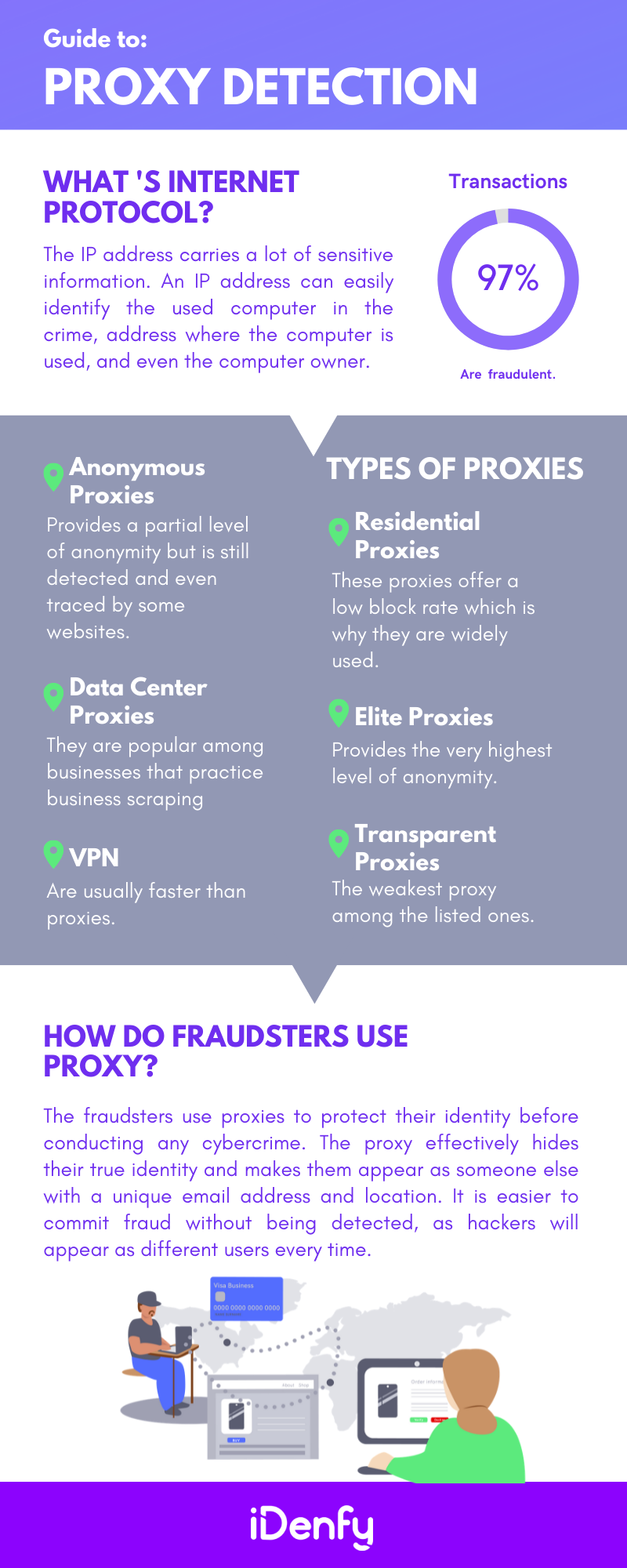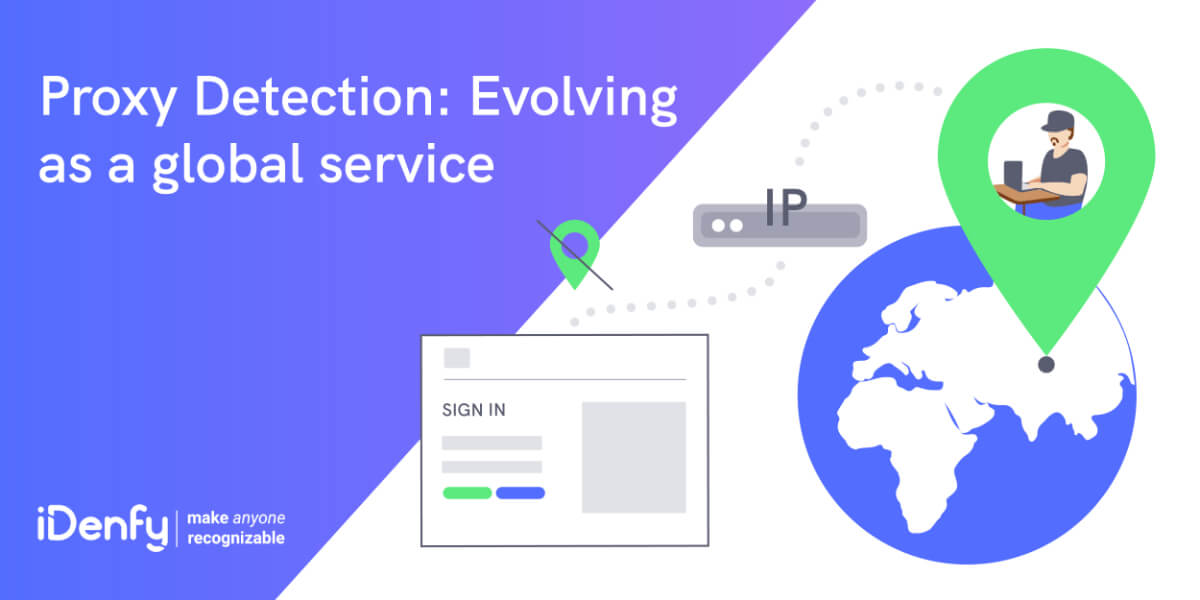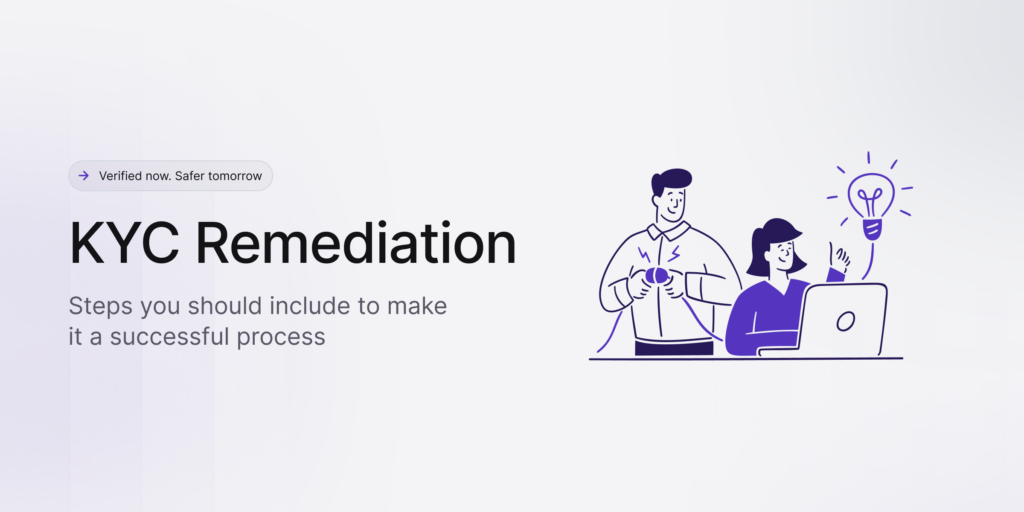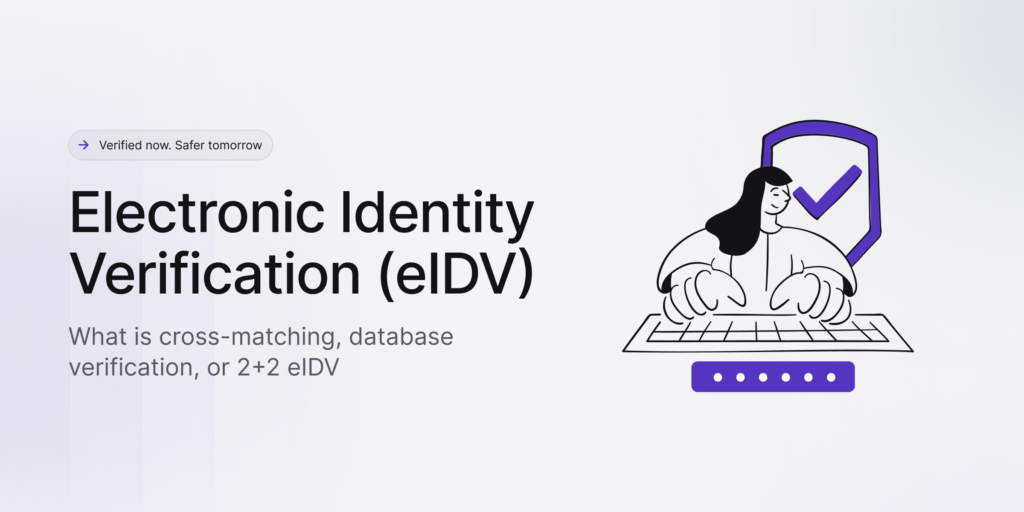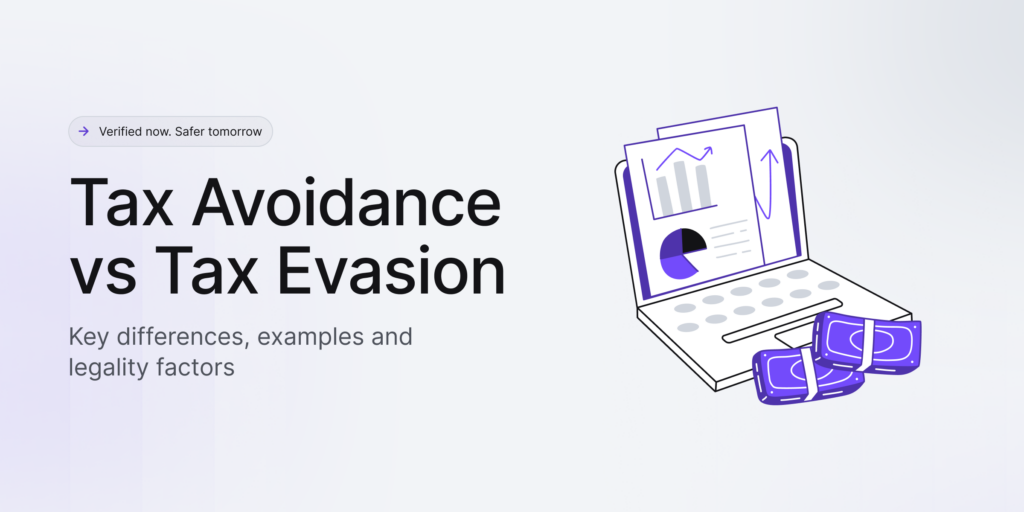A proxy is also known as anonymous IP that serves to hide the web user’s actual IP address and physical location. The Proxy server acts as a gateway between the user and the internet.
But the question arises, why do we need proxies?
One of the main answers to this question is privacy, as proxies will allow you to use the internet anonymously while hiding your IP address from the public eye.
Understanding Proxies and Anonymous IPs
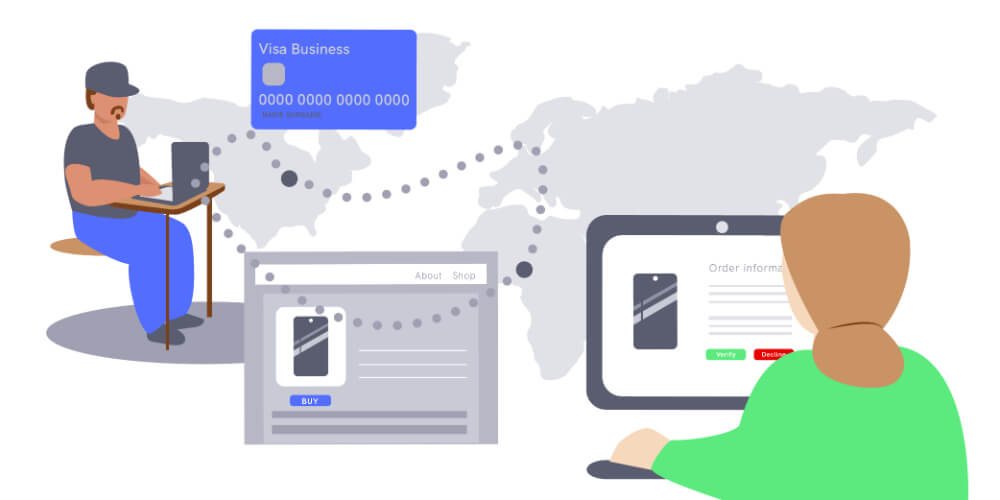
Let’s better understand this with an example:
- Supposedly, a purchase is made from Nigeria using a VISA Business card from the United States.
- A fraudster then uses an anonymous IP address to pretend that the purchase is made from the payment card owner’s location.
Also, once any payment or transaction is made on the internet, the purchaser’s IP address is logged in. Keep in mind that the IP address carries a lot of sensitive information.
An IP address can easily identify the computer used in the crime, as well as the address and even the owner of the device.
After any cybercrime occurs, the first step taken by investigation agencies is to track the IP address. That’s why fraudsters use proxies to hide their actual location to avoid criminal charges.
Verify customers identity within 15 seconds. Schedule a free identity verification demo here.
Types of Proxies
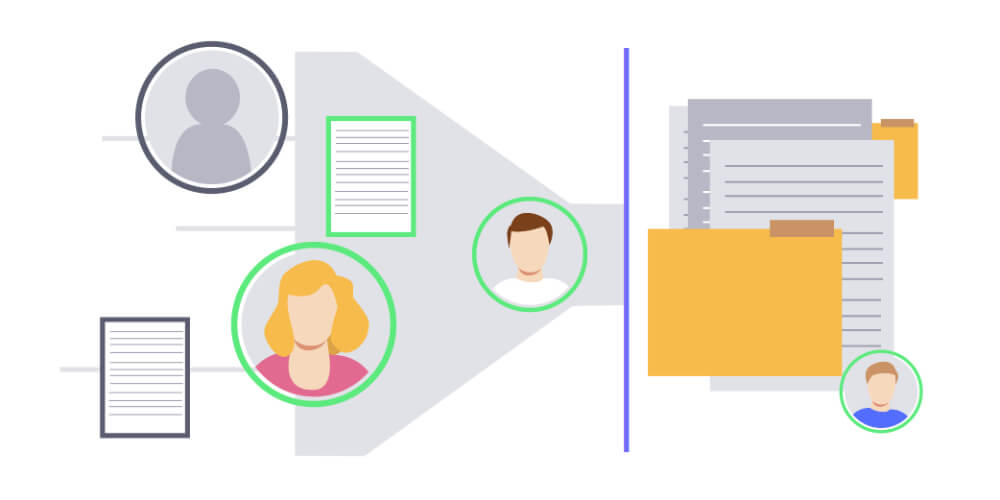
All internet devices carry a unique IP address to communicate with other resources on the internet. You can say that a proxy is special because it has its own IP address, which provides users anonymity online.
Take a look at the most common types of proxies:
- Transparent proxies are the weakest proxy type in this list. This proxy acts as a server that intercepts the connection between the device and the internet. While using the proxy, the user’s actual IP address is revealed.
- Datacenter proxies, known as artificial proxies, are stored in data centers worldwide. They are popular among businesses that practice business scraping. These proxies are fast and offer stable performance, but websites can identify them and block access to their websites. For more challenging targets, businesses prefer using Residential Proxies.
- Residential proxies are legal IPs, which means that they’re real IPs attached to a physical location. These proxies offer a low block rate which is why they are widely used.
- Anonymous proxies are relatively more complex to detect than transparent proxies. It is a proxy server that acts as a privacy shield between computers and the internet. It provides a partial level of anonymity but can be detected by some websites. Despite that, anonymous IPs are a powerful tool for surfing the net online without leaving traces. Fraudsters mostly use this proxy to create fake accounts.
- Elite Proxies, also known as high anonymity proxies, provide complete anonymity to its users. These connections do not reveal themselves as proxies through connection signatures. When someone connects to this proxy, the server receives no information about the actual IP address. Moreover, it can’t even detect that fraudsters made the connection through a proxy.
- VPN stands for Virtual Private Network. VPN also connects you to a remote computer online, but it is not exactly a proxy. Though VPNs do reroute the traffic via a remote server by hiding your IP address. They redirect all traffic from browsers and background applications. VPNs encrypt the traffic moving between your device and web by routing your connection through a chosen server instead of your ISP. VPNs are usually faster than proxies.
Fraud detection and prevention service from market leaders. Schedule a free demo here.
How Proxies are Used
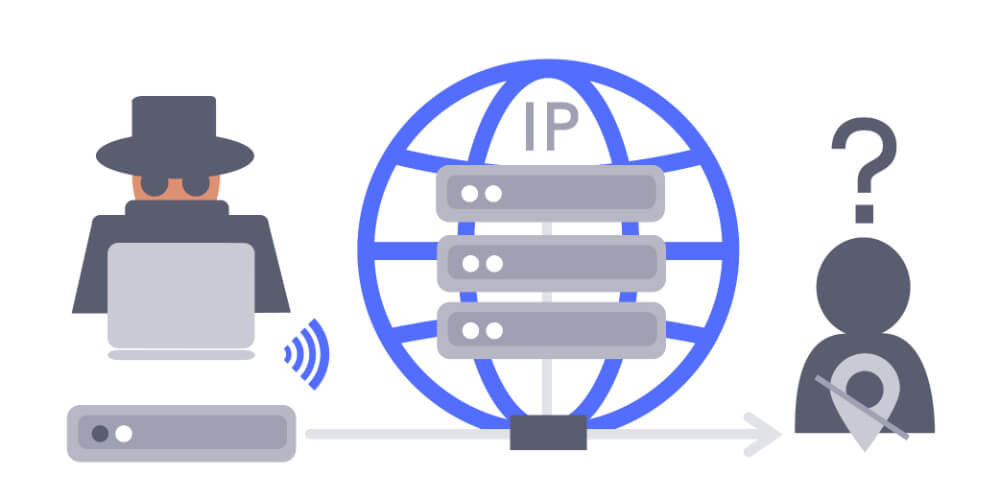
Proxies are not only used for engaging in fraudulent activities. Long before proxies became mainstream, their primary purpose was to serve the good.
Here are some good proxy use cases:
- Individuals and businesses use proxy servers to access the internet more privately.
- Proxy servers help increase the speed and save bandwidth on a network by compressing the traffic.
- Proxies help in blocking spyware, and other forms of viruses from infecting the systems. We often think of proxy as a way of bypassing the filters. However, proxy servers help filter out malicious websites.
How Do Fraudsters Use Proxies?
We know by now that proxies provide partial and even complete anonymity to users. That’s why fraudsters use them to protect their identity before conducting any cybercrime.
The proxy effectively hides their true identity, making them appear as someone else with a unique email address and location. It is easier to commit fraud without being detected, as hackers will appear as different users every time.
Ensure your customers are real. Schedule a free demo here.
How Do You Catch Attackers Using Proxies?
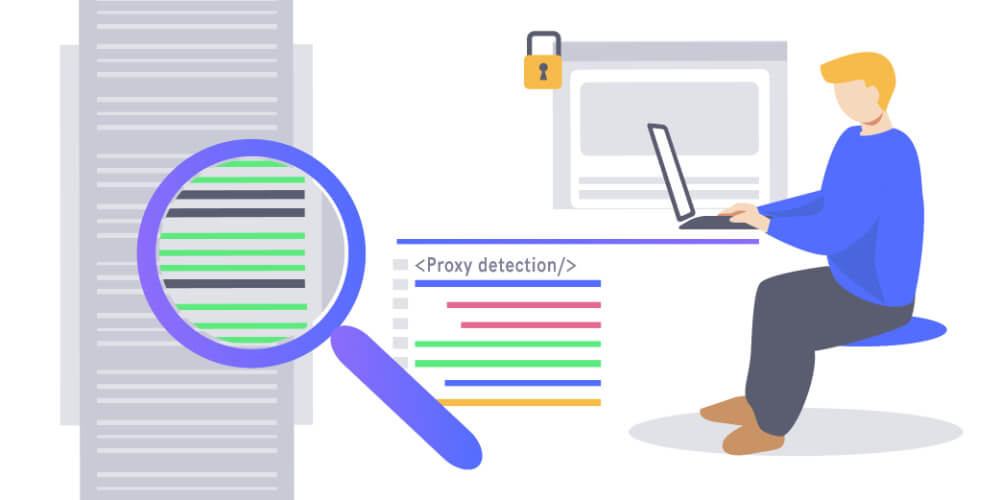
iDenfy’s research shows that almost 97% of fraudulent transactions take place because of proxy usage. For this reason, it’s vital to identify and block such spoofing services.
And here comes the good part.
iDenfy provides you with the most accurate and needed Proxy Detection services that detect anonymous IPs to help you avoid getting involved in any fraudulent activity. The proxy detection is done in the background, enabling users to continue with their tasks without getting disturbed.
Our algorithm detects all types of proxies and blocks the users who don’t have access to your website. This tool provides you with the most accurate protection even if the hacker is hiding their geo-location.
That’s why we provide businesses with risk scores by detecting the anonymity of any IP in real-time. To put it simply, our AI-powered software detects all sorts of compromised connections and risky users that ensure that only users from approved locations get access to your services.
Conclusion
The detection and protection against fraud have become significantly important in our modernized society. We all are a potential target for cybercriminals when we involve ourselves in any online transaction.
However, this does not imply that doing transactions online or using internet-enabled apps is not safe. It’s just that we need to look out for ourselves so that we do not get trapped by any fraudulent activity.
To protect your businesses and their users, you should have a proxy detection methodology against online fraud. Obviously, it will have to involve identity verification.
